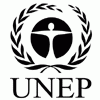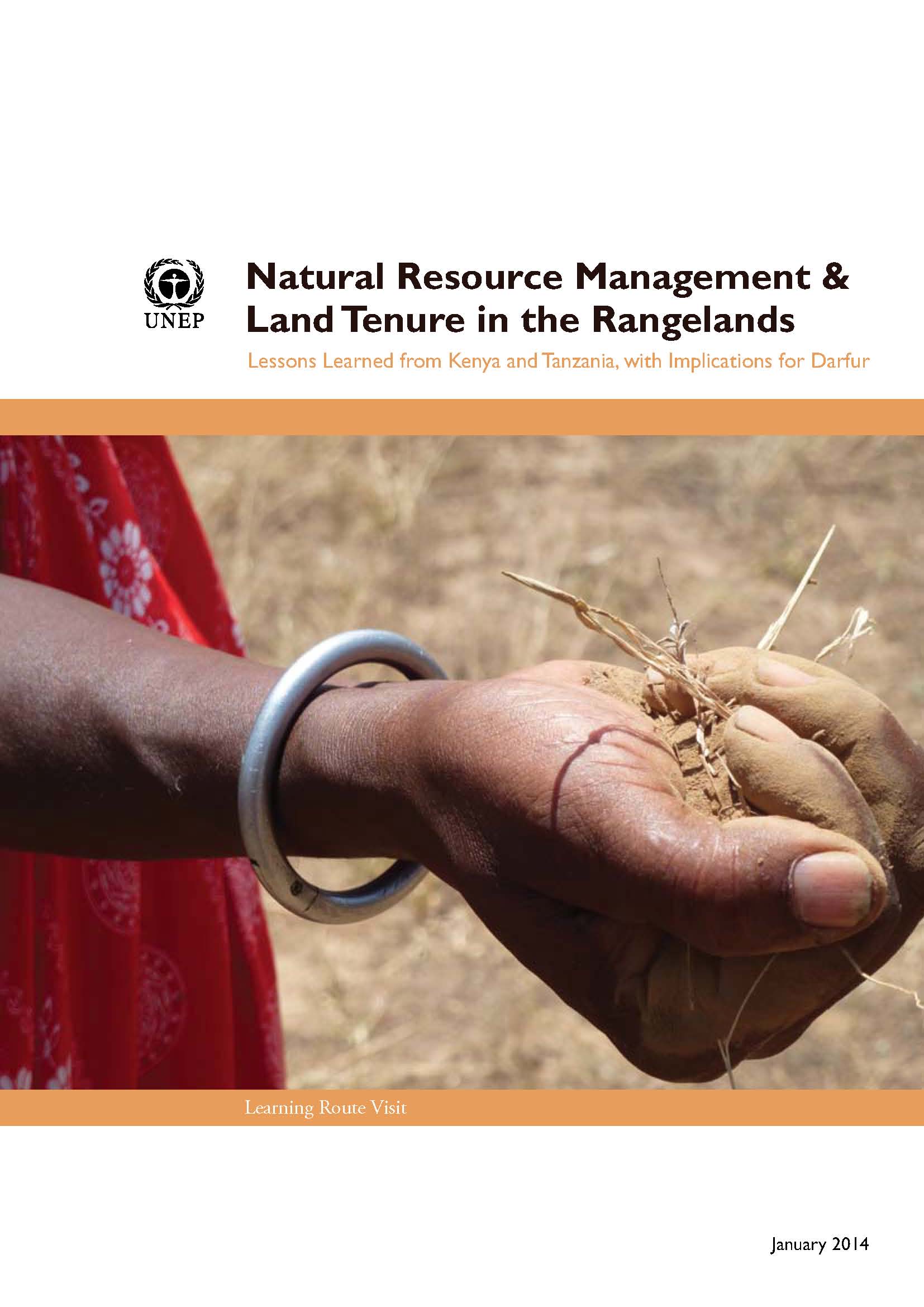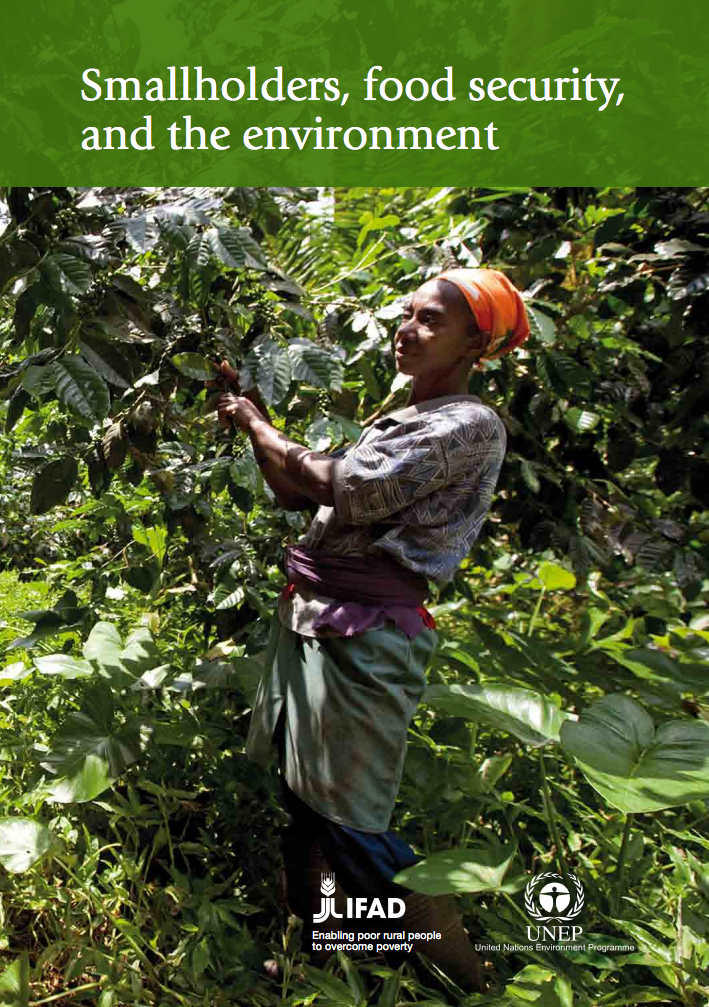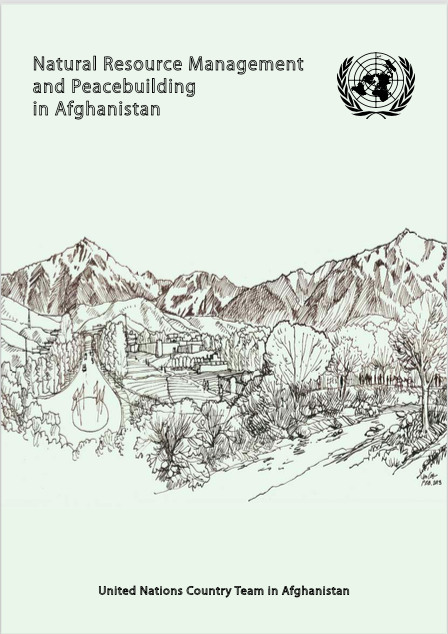The United Nations Environment Programme (UNEP) is the leading global environmental authority that sets the global environmental agenda, promotes the coherent implementation of the environmental dimension of sustainable development within the United Nations system and serves as an authoritative advocate for the global environment.
UNEP work encompasses:
- Assessing global, regional and national environmental conditions and trends
- Developing international and national environmental instruments
- Strengthening institutions for the wise management of the environment
Mission
"To provide leadership and encourage partnership in caring for the environment by inspiring, informing, and enabling nations and peoples to improve their quality of life without compromising that of future generations."
Members:
Resources
Displaying 31 - 35 of 106Natural Resource Management & Land Tenure in the Rangelands
I n order to safeguard long-term equitable and sustainable environmental management and governance, a clear and transparent relationship to land – whether an individual’s, a community’s, a government’s or a private investor’s – is essential. To this end, UNEP has begun to engage on land issues in Sudan, and will continue to do so through the next four year phase of programming, as part of supporting the people and the government of Darfur in rebuilding and redefining the social contract on natural resources and land.
Women and natural resources:Unlocking the peacebuilding potential
This report is the product of a two-year collaboration between the four partners to: (i) improve the understanding of the complex relationship between women and natural resources in conflict-affected settings, and (ii) make the case for pursuing gender equality, women’s empowerment and sustainable natural resource management together in support of peacebuilding. Part 1 provides an analysis of the relationship between women and natural resources in peacebuilding contexts, reviewing key issues across three main categories of resources, including land, renewable and extractive resources.
Smallholders, food security, and the environment
There are 1.4 billion poor people living on less than US$1.25 a day. One billion of them live in rural areas where agriculture is their main source of livelihood. The ‘green revolution’ in agriculture that swept large parts of the developing world during the 1960s and 1970s dramatically increased agricultural productivity and reduced poverty. Many of the productivity gains accrued to smallholder farmers, supported through research and extension services.
Women and Natural Resources
Thirteen years after the adoption of UN Security Council Resolution 1325, investment in women as agents of change in peacebuilding remains inadequate. One of the unexplored entry points for strengthening womens contributions to peacebuilding relates to the way in which they use, manage, make decisions on and benefit from natural resources.
Natural Resource Management and Peacebuilding in Afghanistan
This report looks at the ways in which natural resource management—the institutions, policies and practices that govern land, water, forests, minerals, hydrocarbons—interact with violent conflict in Afghanistan.






